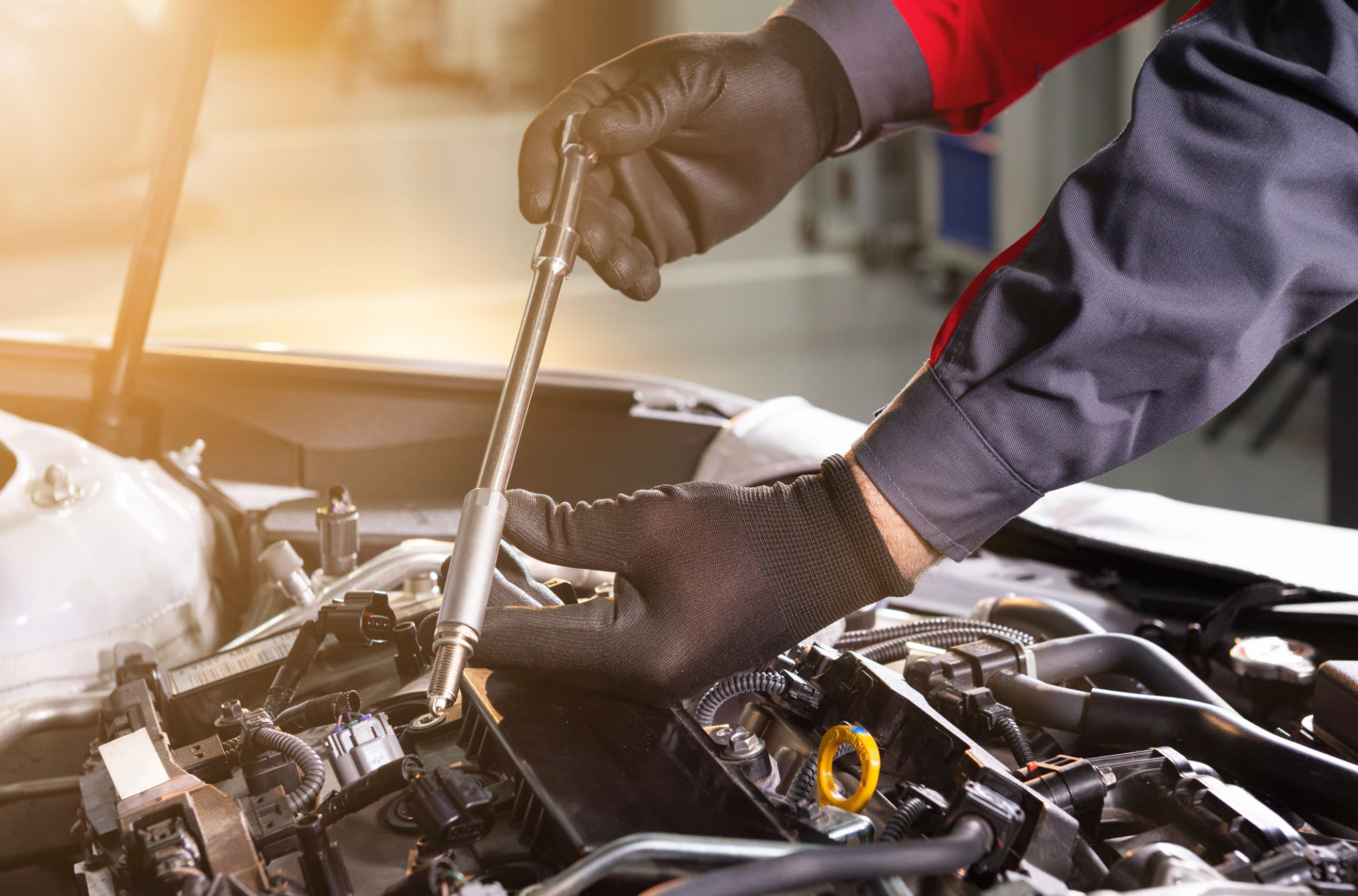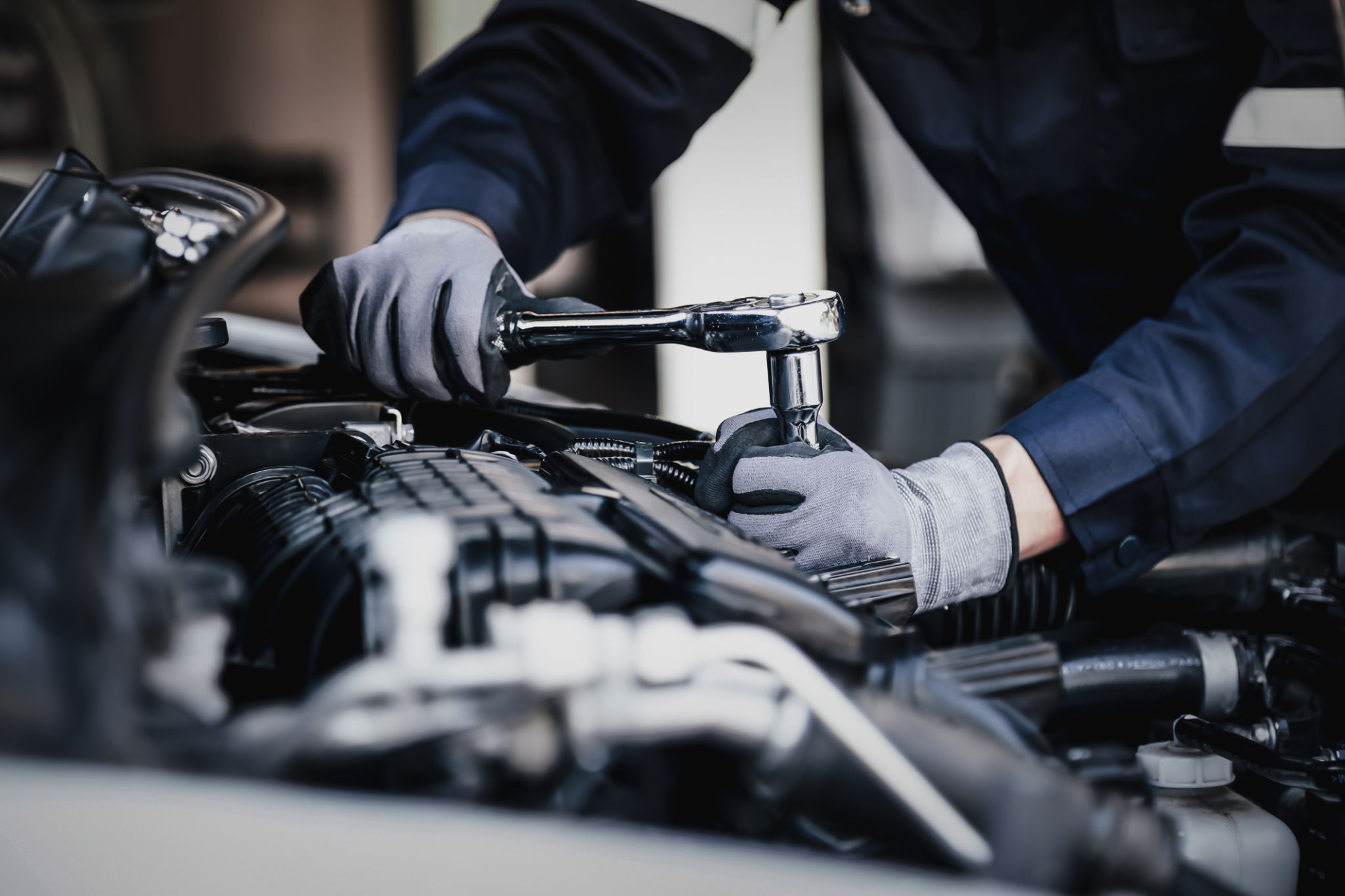Comparing OEM vs. Aftermarket Spare Parts: What You Need to Know
Understanding OEM and Aftermarket Spare Parts
When it comes to vehicle maintenance, selecting the right spare parts is crucial for ensuring optimal performance and longevity. Two primary categories of spare parts are OEM (Original Equipment Manufacturer) and aftermarket parts. Both have their own set of advantages and disadvantages, making it essential for vehicle owners to understand their differences.
OEM parts are those produced by the manufacturer of your vehicle. These parts are designed to match the exact specifications and standards of your car, ensuring a perfect fit every time. On the other hand, aftermarket parts are produced by third-party companies and can offer more variety and potentially lower costs.

Advantages of OEM Spare Parts
One of the most significant benefits of OEM parts is their guaranteed compatibility. Since these parts are made by the original manufacturer, they are designed to work seamlessly with your vehicle. This ensures not only a perfect fit but also optimal performance.
Another advantage is the warranty that often accompanies OEM parts. Many manufacturers provide a warranty that covers any defects or issues, offering peace of mind for vehicle owners. Furthermore, using OEM parts can help maintain your vehicle's resale value, as they are considered the standard for repairs and replacements.
Benefits of Aftermarket Spare Parts
Aftermarket parts offer a wide range of options for vehicle owners. With numerous manufacturers producing these parts, you can find various alternatives that might better suit your needs or budget. This level of choice is a significant advantage for those looking for specific features or improvements over OEM parts.

Cost is another factor where aftermarket parts often have the upper hand. Typically, these parts are less expensive than their OEM counterparts, providing an economical solution without necessarily compromising on quality. However, it's important to research and choose reputable brands to ensure reliability.
Considerations When Choosing Between OEM and Aftermarket
When deciding between OEM and aftermarket parts, consider the type of repair or replacement needed. For critical components that affect your vehicle's safety or major systems, OEM parts might be the better choice due to their guaranteed compatibility and performance.
For non-essential components, aftermarket parts can be a practical choice that offers flexibility in terms of customization and cost-effectiveness. Always weigh the pros and cons based on your specific situation and consult with a trusted mechanic if you're unsure.

Making an Informed Decision
Ultimately, the decision between OEM and aftermarket spare parts depends on your priorities—whether you value guaranteed compatibility, cost savings, or customization options. By understanding the differences and considering your individual needs, you can make an informed choice that best suits your vehicle and budget.
Whether you opt for OEM or aftermarket, regular maintenance and timely replacements are key to keeping your vehicle running smoothly. Always prioritize quality and reliability to ensure your peace of mind on the road.
